AI Ethics represents the moral and philosophical framework that governs the development and deployment of artificial intelligence technologies.
AI Ethics questions the implications of AI on employment, privacy, and security. These queries force us to reflect on the broader societal consequences of AI, acknowledging that the advancement of technology should not come at the cost of fundamental human values.
Five key pillars of AI Ethics:
- Fairness
- Transparency
- Accountability
- Security
- Privacy
These pillars serve as guiding principles, urging developers, policymakers, and organizations to ensure that AI systems are impartial, explainable, and subject to oversight.
AI Ethics challenges us to construct an AI-driven future that aligns with our shared values and benefits all of humanity.
Top 5 Ethical Concerns with AI
- Unemployment
- Inequality
- Humanity
- AI bias
- Security
In an era where AI’s reach spans from autonomous vehicles to healthcare diagnostics, the importance of ethical considerations cannot be overstated.

